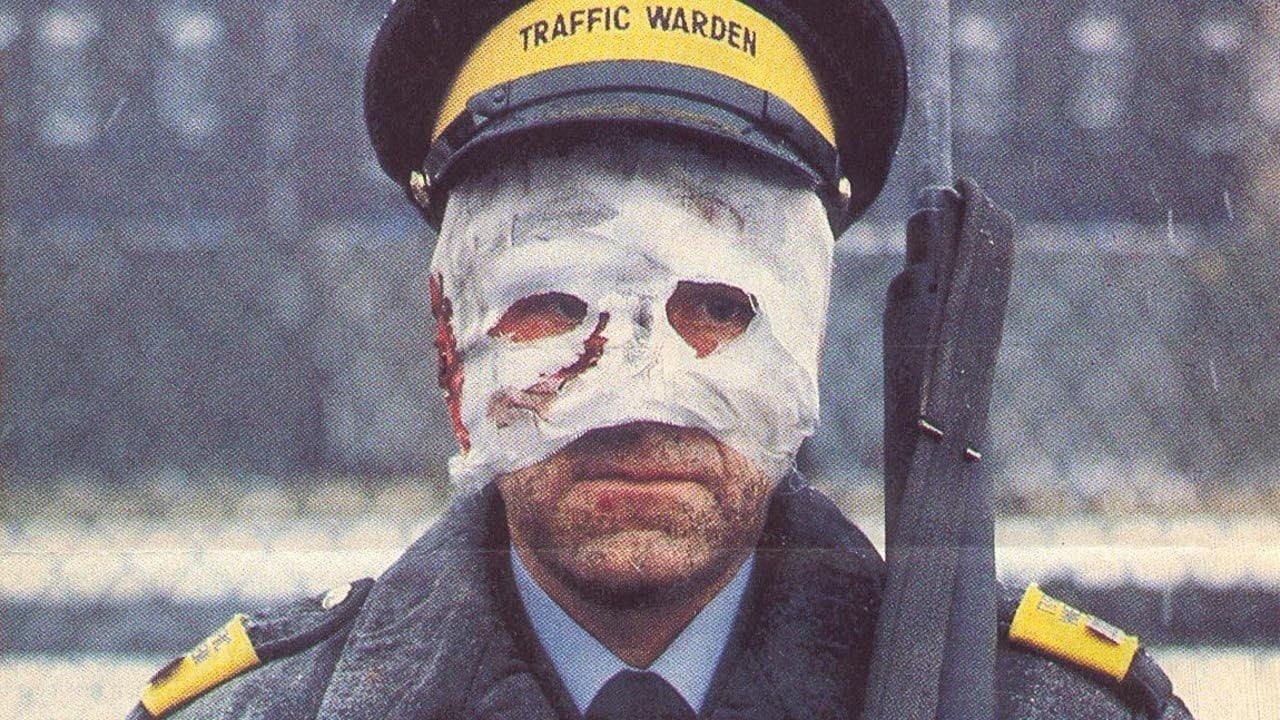Description
Documentary style account of a nuclear holocaust and its effect on the working class city of Sheffield, England; and the eventual long run effects of nuclear war on civilization.

The closest you'll ever want to come to nuclear war.
1985-08-06
$0.4M
117 min
Documentary style account of a nuclear holocaust and its effect on the working class city of Sheffield, England; and the eventual long run effects of nuclear war on civilization.
This film was, for many, a turning-point regarding nuclear weapons, the cold war and nuclear-politics.
Set in a 1984 UK industrial-suburbia, as the cold war gets hot, we follow regular people in their daily lives and how they prepare for the coming apocalypse.
Barry Hines and Mick Jackson explains and shows us how the world is interconnected and woven together, each strand in this web is dependent on the others and when the threads start to break, the webbing that hold society together, unravel and we are quickly left with hardship and irreparable loss.
There is no help from the outside, as most places are left in the same sorry state.
With the lingering pollution from the war, there is only one way human kind can go from there.
This film has no high-notes and there are no cheesy Hollywood-lines to comfort you during the viewing, just cold-hard facts and statistic.
When the inevitable starts, we follow Ruth in particular, the main character, on her journey, 13 years into the future. We see how she tries to cope, as the remnants of the industrial world and human kind slowly crumble and whither around her.
The film use simple effects and has a natural gritty style. This prevents the film from looking too dated. In addition, most of the film work with limited sets and scenes, so the time-period it is shot in, is somewhat removed from the story and experience.
The acting is real and very good, they are real people, playing real people, 'no time for plastic Hollywood-figures here'.
What we are left with, is most likely one of the bleakest, grimmest and most depressing film, that everyone needs to see at least once.
It will remain a testament to the cold war, but as long as there are nuclear weapons, it will continue to be an ever-relevant warning.
It will stick with you indefinitely.
Once again, I struggled to understand the British English. At least this time, I didn't really need to. Not a word needed to be spoken to convey the very real horror we might all be subjected to. Now, closer to that armageddon than ever before in our history. I just hope I die in the initial blast. The after is actually worse than the blast itself. God help us all.